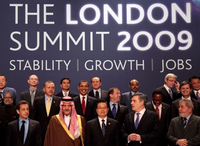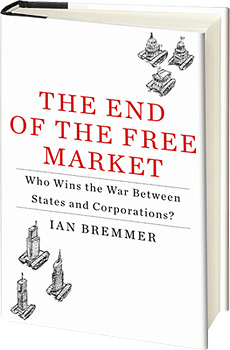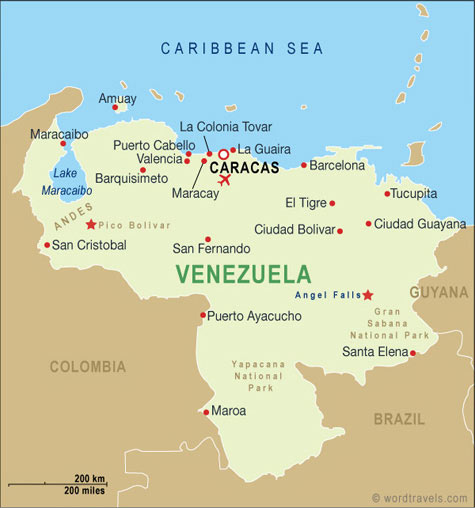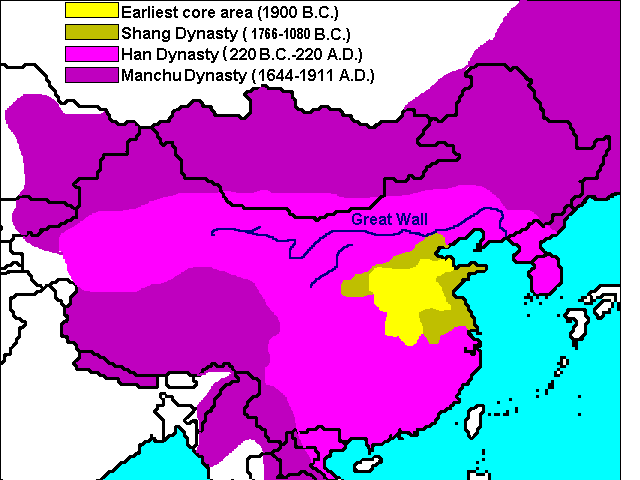Amidst movement to crown the Shiite coalition, the Kurds recalculate
 Friday, May 14, 2010 at 12:08AM
Friday, May 14, 2010 at 12:08AM 
The Kurdish leadership, in the person of the regional government's president, is cooperating with the formation of a new government, and yet, per an NYT story . . .
... no one has been more openly aggressive in the jockeying for position than Mr. Barzani, and he is being closely watched because the issues he seeks to influence all have stark ramifications for Iraq’s stability. In particular, his demands for a federalist approach to governing Iraq — a weakened national government and stronger regional control — have revived fears that his Iraqi Kurdistan region may eventually try to secede.
During a recent interview, Mr. Barzani said he was determined to extract upfront commitments from any prospective coalition partners in Baghdad on potentially explosive issues like the settlement of disputed internal borders, including those of the oil-rich northern city of Kirkuk, and the sharing of oil revenues.
“It is impossible for us to participate in or back a government that will operate in the same old way,” said Mr. Barzani, speaking at his mountaintop palace overlooking the regional Kurdish capital, Erbil.
With Jalal Talibani's party fading, Barzani seems to have effectively co-opted the rising reform movement known as Gorran, once again yielding a solid Kurdish bloc.
And so Barzani is once again pushing for a plebiscite that would possibly allow the Kurds to form their own independent nation.
One of the crucial Kurdish demands will be a pledge from the next prime minister to carry out Article 140 of the Constitution, a hotly contested passage that outlines the steps toward a plebiscite on the fate of the disputed northern territories, including Kirkuk.
“If Article 140 is not implemented, then this will mean the demise of the Constitution and Iraq itself,” Mr. Barzani warned . . .
The back and forth over Article 140 is one example of how the Americans have sought to soften the Kurds’ demands while still showing support for their relative autonomy within a larger Iraq.
Mr. Barzani noted that one of the main reason Kurds dropped their opposition to the election law in November was a promise by President Obama that the United States would “push hard” to put in effect Article 140. He said Mr. Obama first made the promise in a telephone call at the time and then reiterated it at a meeting in the Oval Office in January.
The Administration, to the extent it ever did make such promises, has quietly backed off from any appearance of supporting a vote, fearing a Balkans-like conflagration would ensue as the Kurds seek a divorce.
And so the benefits of political integration and economic interdependency are stressed.
As I often argue in the brief, whenever globalization's connectivity is allowed in situations previously denied (by authorities or through sheer difficulty of circumstances), there's always somebody who considers the divorce route, and it's typically the most ambitious and experienced in terms of self-governance. In Iraq, that's the Kurds, although some Shiite parties have made similar noises. It's a tricky business for outside forces, because the surest route to keeping the state together is a unitary political structure, but then that makes any ambitious minorities all the more like to agitate against feared dictatorship. If you encourage federalism, then the alternative problem is that the same minorities will often want to go all the way--so to speak. So you end up trying to get them to see the downstream advantages of--again--political integration and economic interdependency.
A tricky row to how, as they say.
For a nice overview, see the referenced WPR article by Liam Anderson.
Best chunk:
As it turns out, the issues of federalism and oil and gas are both amenable to compromise in a way that accommodates Kurdish demands without alienating Iraq's Arabs. On the issue of federalism, for example, the problem is not so much the degree of autonomy the constitution grants to the Kurdistan Region, but the fact that this autonomy is not exclusively limited to the Kurdistan Region. At ISCI's insistence, Article 119 allows for governorates, singly or in combination, to form regions that would then enjoy the same level of autonomy as the Kurdistan Region. ISCI's original project for a nine-governorate region in the south now appears dead and buried, but this is no guarantee against the formation of smaller-scale regions in the future. Hence, the constitution contains the potential for the emergence of multiple regions, each of which would have the power to control its own internal security and to manage its own oil and gas fields. In the view of many Iraqi Arabs, this vision of federalism, in which powerful regions are loosely held together by an emasculated central government, is a blueprint for the disintegration of the Iraqi state.
The oil and gas problem is more complex, but similar in kind. Once again, and despite periodic friction on this issue between Baghdad and Irbil, the real problem is not the Kurds. To begin with, the oil reserves of the Kurdistan Region are dwarfed by those in southern Iraq. And although the constitution allows regions to manage their oil and gas sectors, it requires them to distribute the revenues among the Iraqi people on a proportionate basis. The more serious problem is the possible future emergence of other regions, particularly one centered on Basra. Removing the management of Basra's oil from centralized control would leave almost no role for the federal government in the administration of the oil and gas sector.
Fortunately, the issues of federalism and oil and gas can be addressed as a package. The optimum vehicle for this is a separate autonomy agreement for the Kurds. The problem with Iraq's constitution is that it fails to treat the Kurdistan Region as sui generis.
Sounds fixable, allright.

































